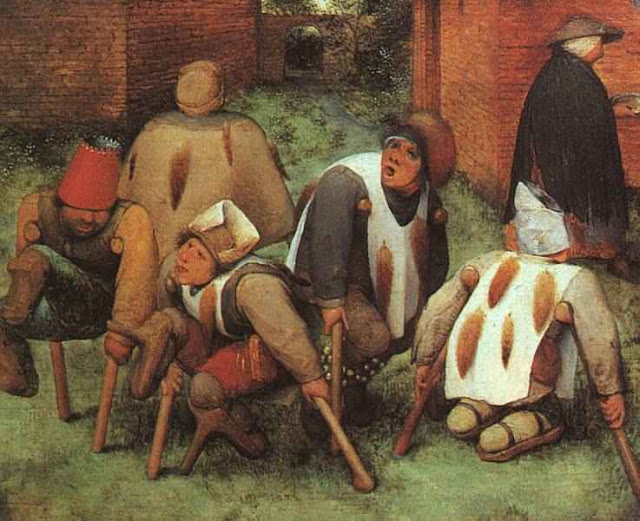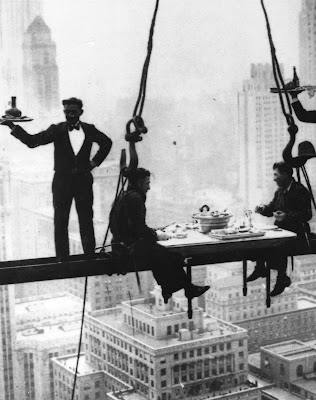Mises vs. Mises:
The Death of Socialism
The most influential thing that Ludwig von
Mises (1881-1973) ever wrote was a brief article in 1920 on socialist economic calculation.
He argued that socialist central planning
is impossible, because without a system of free markets, nobody knows what
anything costs, and therefore nobody knows what anything is worth.
That argument convinced a whole generation
of young men to abandon socialism. F. A. Hayek was one of them. Wilhelm Roepke
was another. There were dozens of them, and for a time they became pioneers of
Austrian school economics. But, one by one, they abandoned the position. There
were various reasons, but none of the recruits of the early 1920s remained a
supporter by 1950. Hayek stuck with more of it than most of them did and so did
Roepke. They ceased to be Austrian school economists.
In 1950, Mises gave a lecture, and that
lecture became an article. The article was widely read in Misesean in circles,
which were outside of academia. It was a great article. It had a great title.
In fact, it probably was best title he ever came up with. It was even a great
marketing title. Here was the title: “Middle-of-the-Road Policy Leads to Socialism.”
The article was published in a collection
of articles written by Mises and collected by Mises: Planning for Freedom. It was published in 1952. It was
the most effective book Mises ever wrote in terms of getting his ideas across
to laymen. The lectures were easy to understand, and the book sold pretty well.
I am not saying it was his greatest book, but I think it is probably the best
book for somebody with no training in economics to be introduced to Austrian
school economics. The Mises Institute makes available both the book and the article.
Let me summarize it for you. Mises argued
that state intervention distorts the free market economy. These distortions
lead to public complaints by voters that the economy is not working properly.
The voters pressure the government to fix it, so the government passes another
law. Law by law, distortion by distortion, the economy gets worse. The society
does not start out on a path to socialism, but the interventions of the market
expand the state’s power, so the result is ultimately the establishment of a
socialist economy. He wrote: “The middle-of-the-road policy is not an economic
system that can last. It is a method for the realization of socialism by
installments.”
In the last section, he denied that
socialism is inevitable. But his article offered only evidence to the contrary.
He lamented:
Even in this country which owes to a
century of “rugged individualism” the highest standard of living ever attained
by any nation, public opinion condemns laissez-faire. In the last fifty years
thousands of books have been published to indict capitalism and to advocate
radical interventionism, the welfare state and socialism. The few books which
tried to explain adequately the working of the free market economy were hardly
noticed by the public.
He ended the essay with this:
The impact of this state of affairs is that practically very little is done to preserve the system of private enterprise. There are only middle-of-the-roaders who think they have been successful when they have delayed for some time an especially ruinous measure. They are always in retreat. They put up today with measures which only ten or twenty years ago they would have considered as undiscussable. They will in a few years acquiesce in other measures which they today consider as simply out of the question. What can prevent the coming of totalitarian socialism is only a thorough change in ideologies. What we need is neither anti-socialism nor anti-communism but an open positive endorsement of that system to which we owe all the wealth that distinguishes our age from the comparatively straitened conditions of ages gone by.














